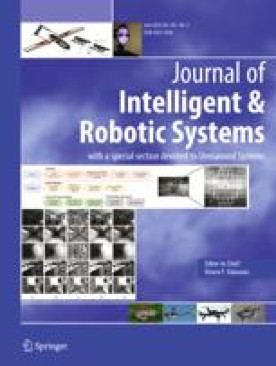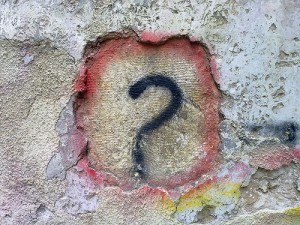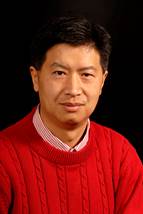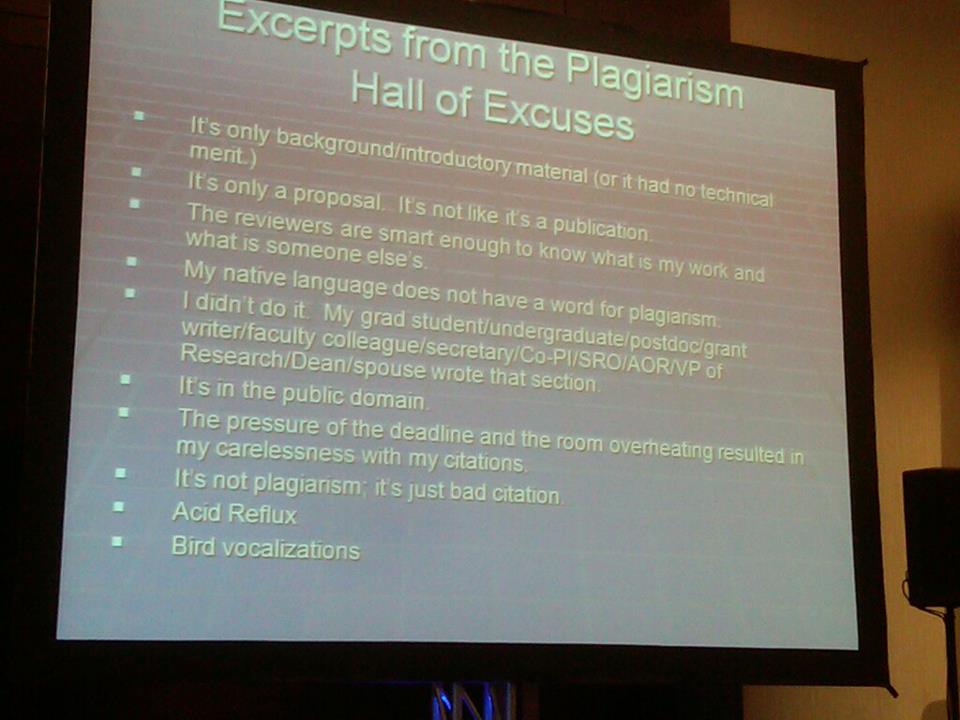A 10-year veteran of the University of California, Los Angeles “engaged in research misconduct by knowingly and recklessly” faking data in 11 different grant applications, according to a U.S. federal watchdog.
[Please see an update on this post; UCLA now says one of the 11 grant applications did not include faked data.]
Janina Jiang, who joined UCLA’s pathology and laboratory medicine department in 2010, faked “flow cytometry data to represent interferon-γ (IFN-γ) expression in immune cells of mice administered with human recombinant vaults such that the represented data were incompatible with the raw experimental data,” the Office of Research Integrity said in its findings earlier this week.
Jiang, who appears to work at a lab at UCLA affiliate hospital Cedars Sinai, agreed to three years of supervision for any federally funded work. She has not responded to a request for comment from Retraction Watch.
Continue reading UCLA veteran researcher faked data in 11 grant applications, per Feds








